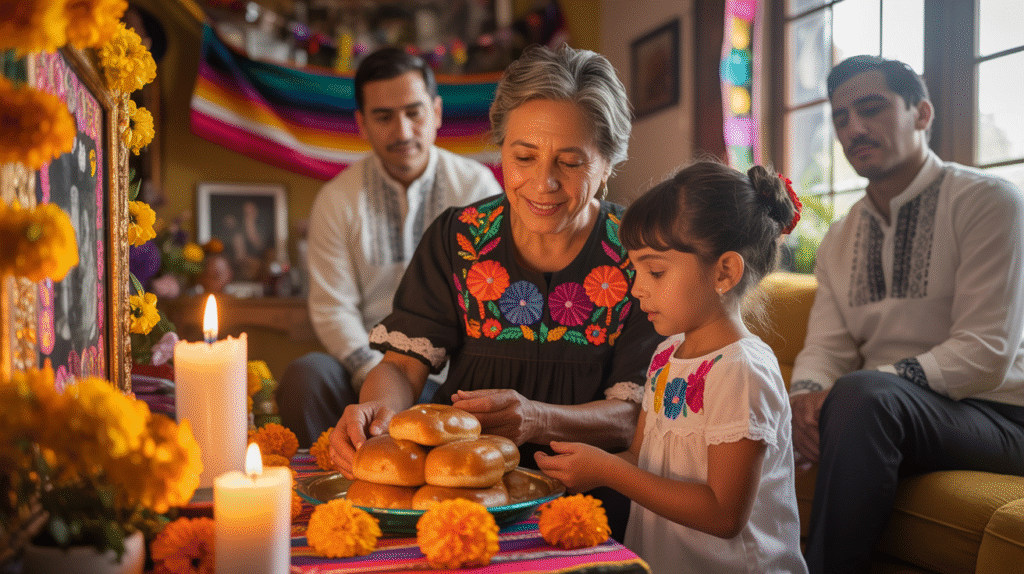In a world that seems to be moving faster by the day—filled with screens, stress, and schedules—it’s easy to overlook something simple yet powerful: the role of families in shaping our society. But if we slow down and look closely, we’ll find that families are more than just personal support systems. They are the very threads that hold the fabric of society together.
In this post, we’ll explore why families are important to individuals and society, uncover how they shape values, behaviors, and wellbeing, and reflect on why nurturing families means nurturing humanity.
1. 🏡 Families Are the First School of Life

Long before any formal education begins, the family is where we learn our most essential skills: how to talk, listen, love, disagree, compromise, and forgive. This early socialization becomes the foundation for how individuals relate to the world.
In nurturing families, children learn:
- Emotional regulation (from how parents respond to tantrums)
- Conflict resolution (by watching how adults resolve disagreements)
- Moral values (by experiencing fairness, kindness, respect)
Strong family environments set the tone for responsible citizenship and healthy relationships throughout life.
“In every child who is born, no matter what circumstances, and of no matter what parents, the potentiality of the human race is born again.” — James Agee
2. ❤️ Families Nurture Emotional Security

From a psychological standpoint, the family is the primary source of emotional safety. A supportive family teaches a child that they are loved, accepted, and worthy—regardless of their success or failures.
This sense of self-worth travels with us into school, friendships, romantic relationships, and work. People who experience emotional grounding at home are more likely to be:
- Confident and self-aware
- Empathetic toward others
- Less prone to anxiety or isolation
And what happens when millions of individuals feel emotionally secure? A more stable, less reactive, and more compassionate society.
3. 🌱 Families Transmit Culture and Values

Families don’t just raise individuals—they pass on cultural identities, language, traditions, and worldviews. In doing so, they preserve the unique beauty of diversity while transmitting essential values across generations.
Whether it’s celebrating Lunar New Year, lighting Shabbat candles, or Sunday dinners with grace before meals—these rituals:
- Create belonging
- Teach respect for heritage
- Promote unity across generations
In multicultural societies, families are the bridge between the past and the future.
4. 👶 Families Create the Next Generation of Citizens

Every parent raising a child is, in effect, raising tomorrow’s voters, teachers, scientists, and leaders.
When families:
- Encourage curiosity
- Instill work ethic
- Model kindness and resilience
They shape what kind of society we will become.
Imagine the cumulative impact when millions of families consistently raise children who are compassionate, disciplined, and cooperative. Society doesn’t just benefit—it transforms.
5. 🤝 Families Support Economic Stability

Beyond emotional support, families are economic units. They:
- Pool resources to meet basic needs
- Provide housing and caregiving
- Support each other during crises
In many cultures, multi-generational households provide mutual support that lightens economic burdens—especially during illness, job loss, or aging.
A society with strong family support systems tends to have:
- Lower reliance on public welfare
- Stronger informal caregiving networks
- More resilient responses to economic shocks
6. 🌍 Families Foster Social Responsibility

Within families, people learn to:
- Take care of others (sibling care, aging parents)
- Share responsibilities
- Be accountable for their actions
These qualities spill over into the broader community. People from stable families are more likely to vote, volunteer, donate, and participate in civic life.
When families raise socially conscious children, they’re investing in a society that values community over individualism.
7. 🕊️ Families Are the Antidote to Isolation

In an era where loneliness is being called an epidemic, families—biological or chosen—offer connection in a disconnected world.
Even imperfect families, when grounded in love and effort, offer a sense of “home.” A place where you’re seen, heard, and valued.
“The strength of a nation derives from the integrity of the home.” — Confucius
🌟 What Happens When Families Are Weak or Fractured?
It’s important to acknowledge that not all families are nurturing. Abuse, neglect, or absence can leave deep wounds. And when large segments of society grow up without healthy family experiences, we see:
- Higher incarceration rates
- Increased mental health issues
- Cycles of poverty and addiction
That’s why societies must support families—through mental health care, paid parental leave, community centers, and education.
✨ Conclusion: Supporting Families Supports Everyone
So, why are families important to society?
Because strong families build strong people, and strong people build strong communities. Whether by teaching values, providing safety, or shaping identity, families do the quiet, everyday work of forming the world we all live in.
If we want a kinder, healthier, more resilient world, we don’t need to look far. We can start by valuing, supporting, and strengthening the families in our own communities—starting with our own.
